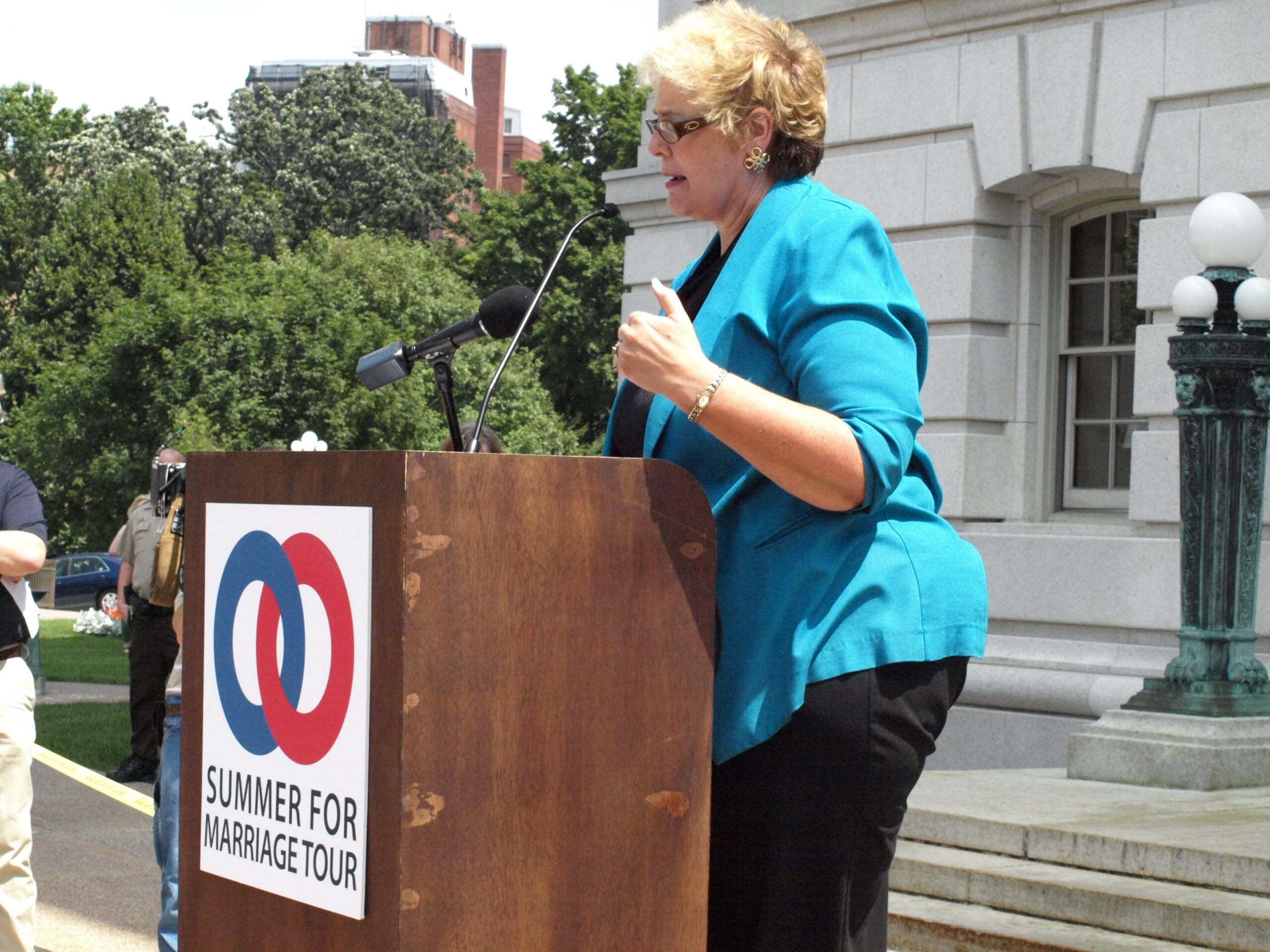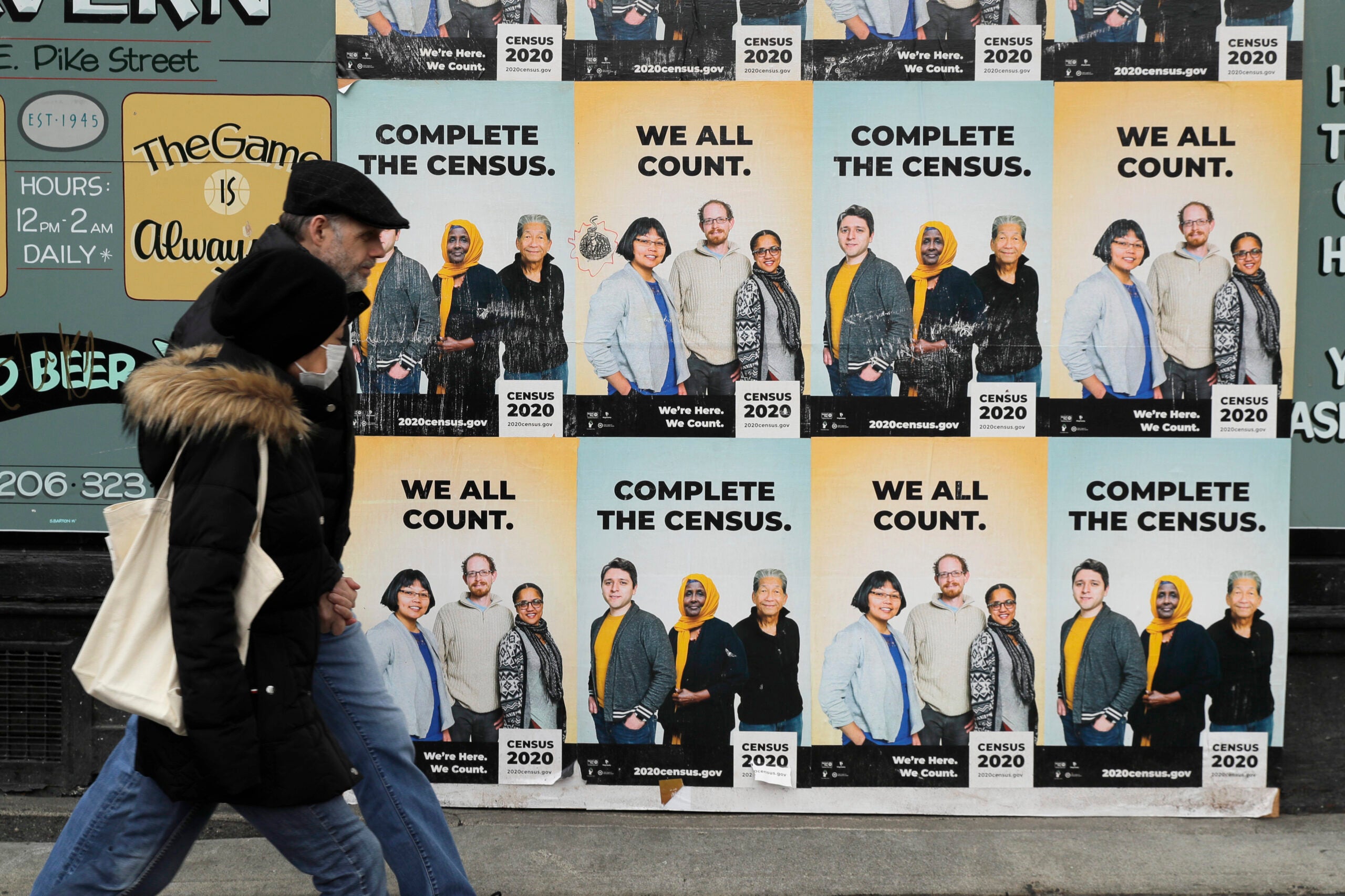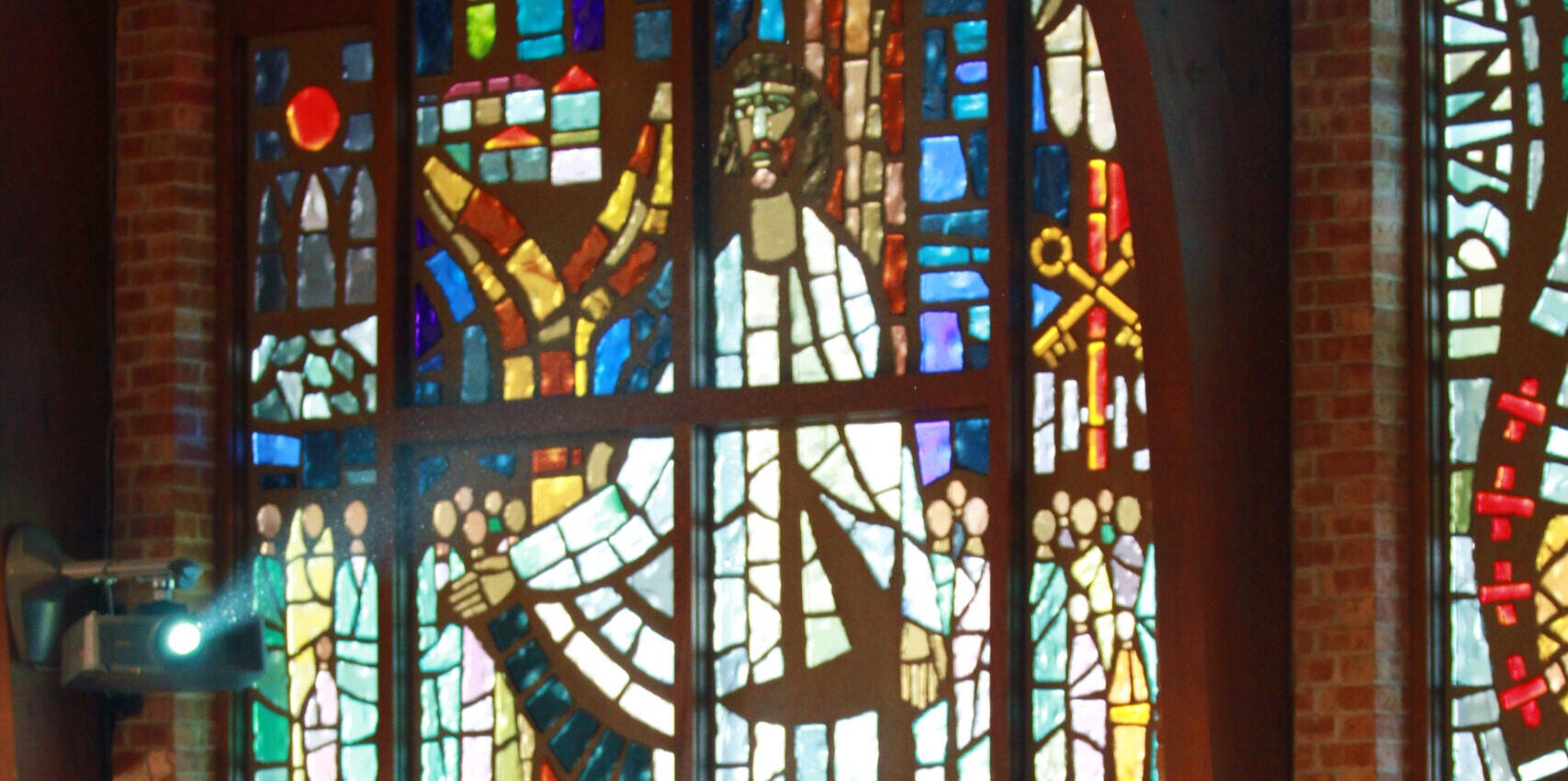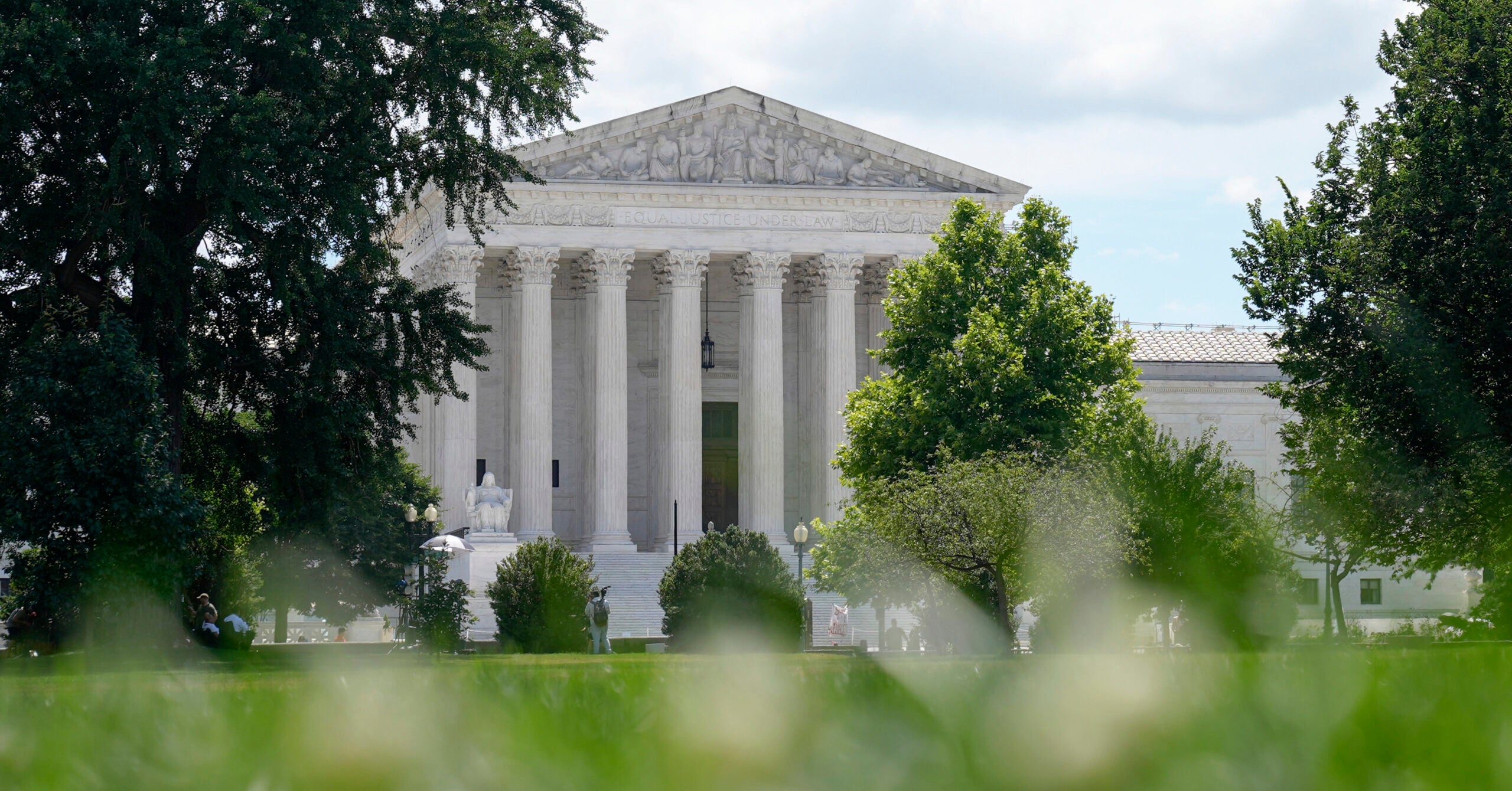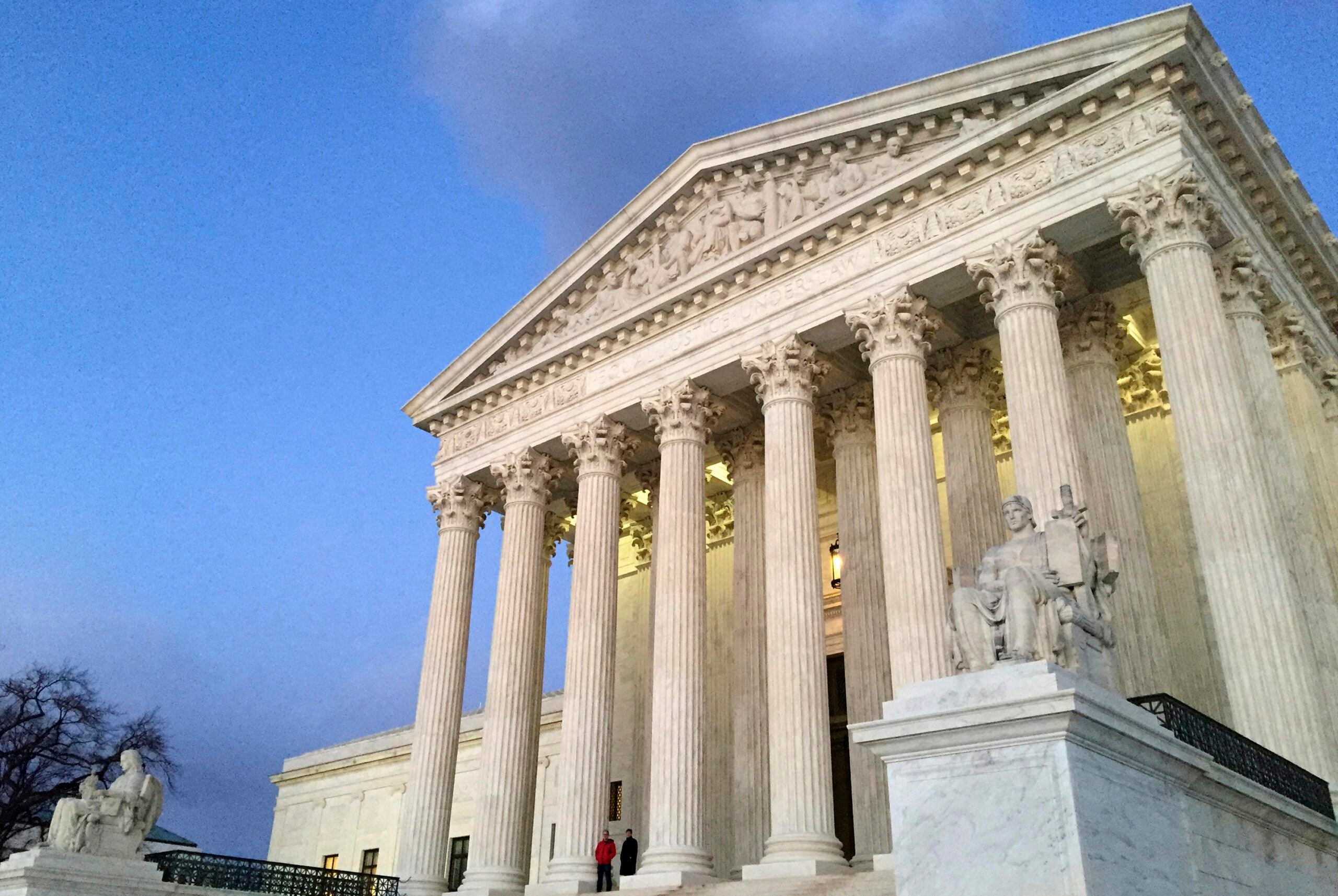Authors of a proposed amendment to the state Constitution say it would strengthen religious liberties. Critics say it addresses a nonexistent problem.
The amendment got a public hearing this week. It would prevent state government from withholding benefits, imposing penalties, or barring access to public buildings based on a person’s religious beliefs.
The amendment would add the underlined text to Article I, Section 18 of the Wisconsin Constitution.
News with a little more humanity
WPR’s “Wisconsin Today” newsletter keeps you connected to the state you love without feeling overwhelmed. No paywall. No agenda. No corporate filter.
[Article I] Section 18. The right of every person to worship Almighty God according to the dictates of conscience shall never be infringed; nor shall any person be compelled to attend, erect or support any place of worship, or to maintain any ministry, without consent; nor shall any control of, or interference with, the rights of conscience be permitted, or any preference be given by law to any religious establishments or modes of worship; nor shall any money be drawn from the treasury for the benefit of religious societies, or religious or theological seminaries. The right of conscience, which includes the right to engage in activity or refrain from activity based on a sincerely held religious belief, shall not be burdened unless the state proves it has a compelling interest in infringing the specific action or refusal to act, and the burden is the least-restrictive alternative to the state’s action. A burden to the right of conscience includes indirect burdens, such as withholding benefits, assessing penalties, or exclusion from programs or access to facilities.
Julaine Appling, who heads the group Wisconsin Family Action, is a strong supporter of the amendment. She says it’s needed even though courts in Wisconsin have done a good job of preventing religious believers from being penalized for their faith.
“We know that a single election or even a vacancy appointment could change that in any given court,” says Appling. “The protection of a freedom as important as our religious freedom should not be dependent on the whim of any particular judge or court.”
But opponents of the amendment say the state Constitution already provides strong protections for the practice of religion. Patrick Elliott of the Freedom from Religion Foundation says the wording of this new proposal will cause more problems than it solves.
“All areas of public policy would be impacted, including a person’s right to obtain medications without obstruction,” says Elliot. “A pharmacist could claim he has no duty to refer to an alternative provider if the pharmacist refuses to provide a prescription.”
But supporters note that several states have already passed similar amendments. The proposal has a long way to go: If it wins committee approval it must be approved in two consecutive legislative sessions and then approved in a statewide vote.
Wisconsin Public Radio, © Copyright 2025, Board of Regents of the University of Wisconsin System and Wisconsin Educational Communications Board.

